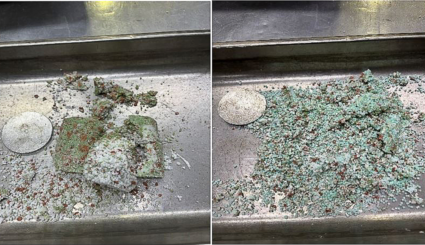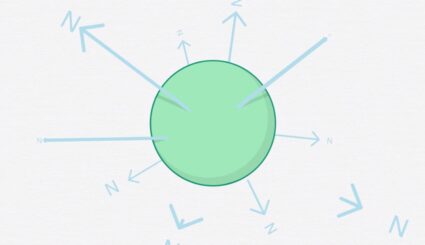Life Cycle of the ESN Smart Nitrogen Granule

There is one nutrient all plants need to grow, and that’s nitrogen. Nitrogen comes in many forms and is often found in the soil. However, most farmers fertilize their crops to maximize the plant’s yield potential. As fertilizer, nitrogen can be categorized into three forms, granular, liquid and gas/NH3. Conventional nitrogen fertilizer for broadacre agriculture releases nitrogen into the soil immediately. Whereas ESN granular nitrogen fertilizer has a controlled-release, getting the nutrient to the plant when it needs it most.
What’s the difference?
What makes ESN Smart Nitrogen different than conventional fertilizers? The polymer coating on the granule releases nitrogen into the soil when the plants need it most by following environmental cues. The coating protects the granule from most any adverse conditions a crop field might encounter, such as heavy rain, high temperatures, or even bacteria from standing water. The flexible coating responds to soil temperature and allows moisture to diffuse into the granule creating a nitrogen solution for the crop.
How long do the granules last?
Since ESN Smart Nitrogen granules don’t release into the soil immediately, your crops can get their nitrogen fix when they need it during the crucial growing stage. ESN can last anywhere between 50-80 days in your fields, providing nitrogen to your crops through the entire growing season. As the leading controlled-release nitrogen on the market, you don’t have to worry about your crops not getting the nitrogen they need most.
Take Control of your Nitrogen
ESN is backed by third-party independent research with years of in-field testing on different crops. It is compatible with no-till operations and is easy to blend. ESN is typically applied at general rates like conventional nitrogen; however, ESN will significantly reduce nitrogen loss and help increase yield, maximizing your ROI.
See how ESN works in this time-lapse video.
Are you ready to take control of your field’s nitrogen? Contact your local ESN Marketing Representative to learn more.


